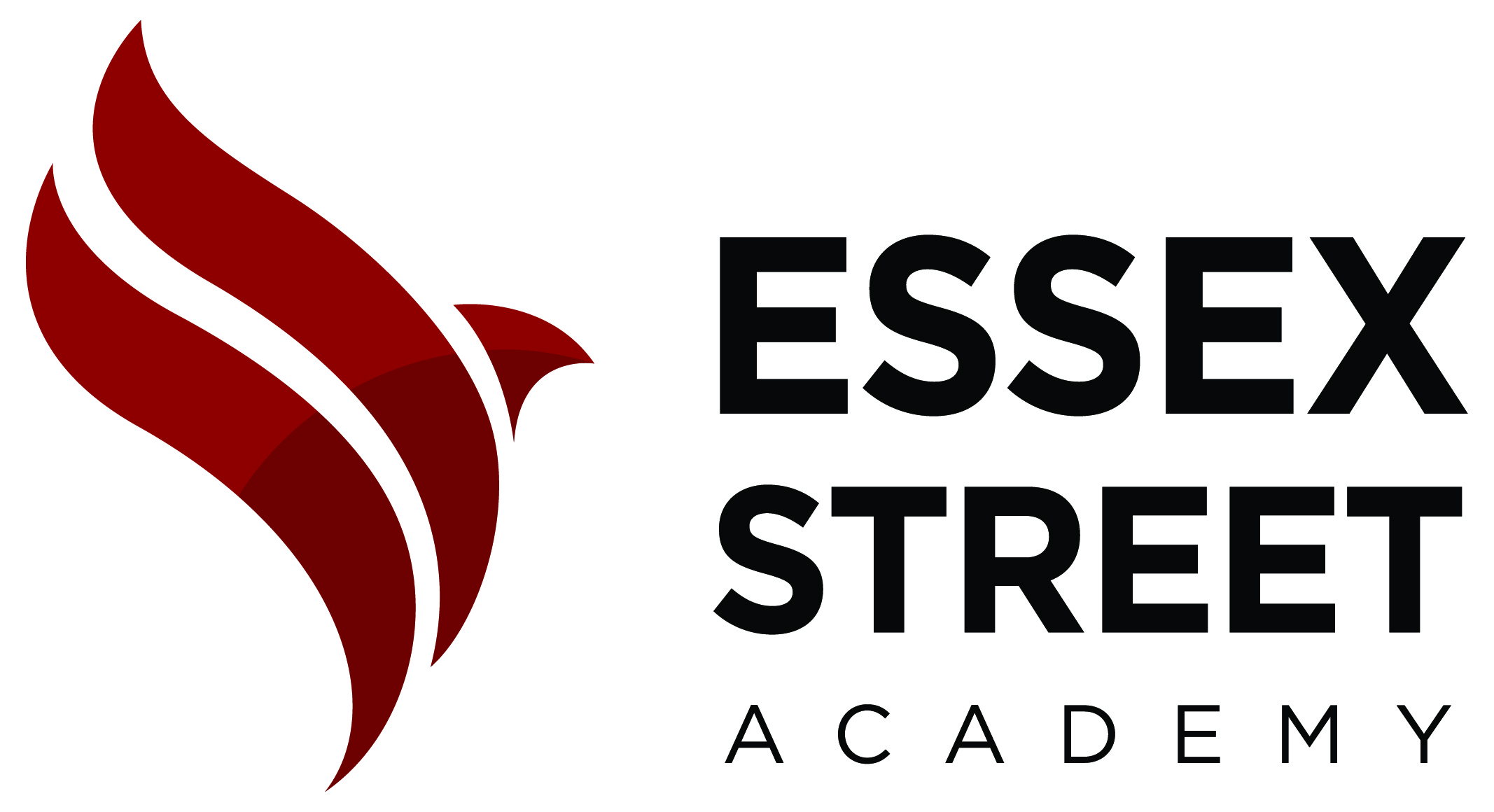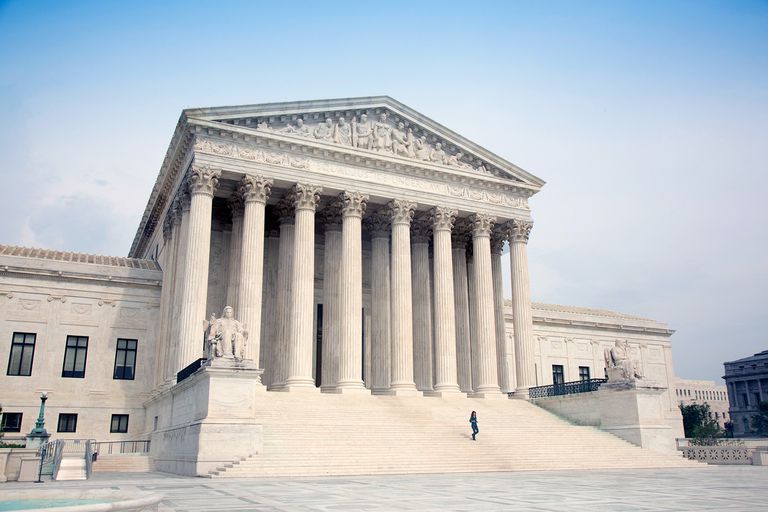One goal is to provide opportunities for Constitutional Law students to develop and defend their own arguments. Because the universe of information is vast, and students often need guidance on choosing quality sources, often I supply sources for the research paper that is the central project. So, for the final mini project which requires students to develop an action plan (and then present their plan to the class), I do not restrict them in their use of evidence so they can choose and use the sources that speak to them.
Another goal is to increase the frequency and depth of student thinking about how their own lives are wound up in the issues the Supreme Court wrestles with. The final mini project asks students to work in groups to identify a current problem plaguing the USA (or simply NYC) and then explore why the problem exists and how ESA students can act to help solve the problem.
I like to end the semester with this mini project because students then may be more likely to walk out my door thinking about what their peers recommend they do in weeks or months to come.
A big challenge is capturing student attention during the end-of-semester flurry of work on research projects (for all classes). Presenters and audience members alike tend to be (understandably) preoccupied by looming project deadlines.
Next semester I plan to implement structures that guide students back to the very first mini project which was actually quite similar to the final mini project. Few students even reviewed those projects which is a shame because many featured relevant and useful information.

